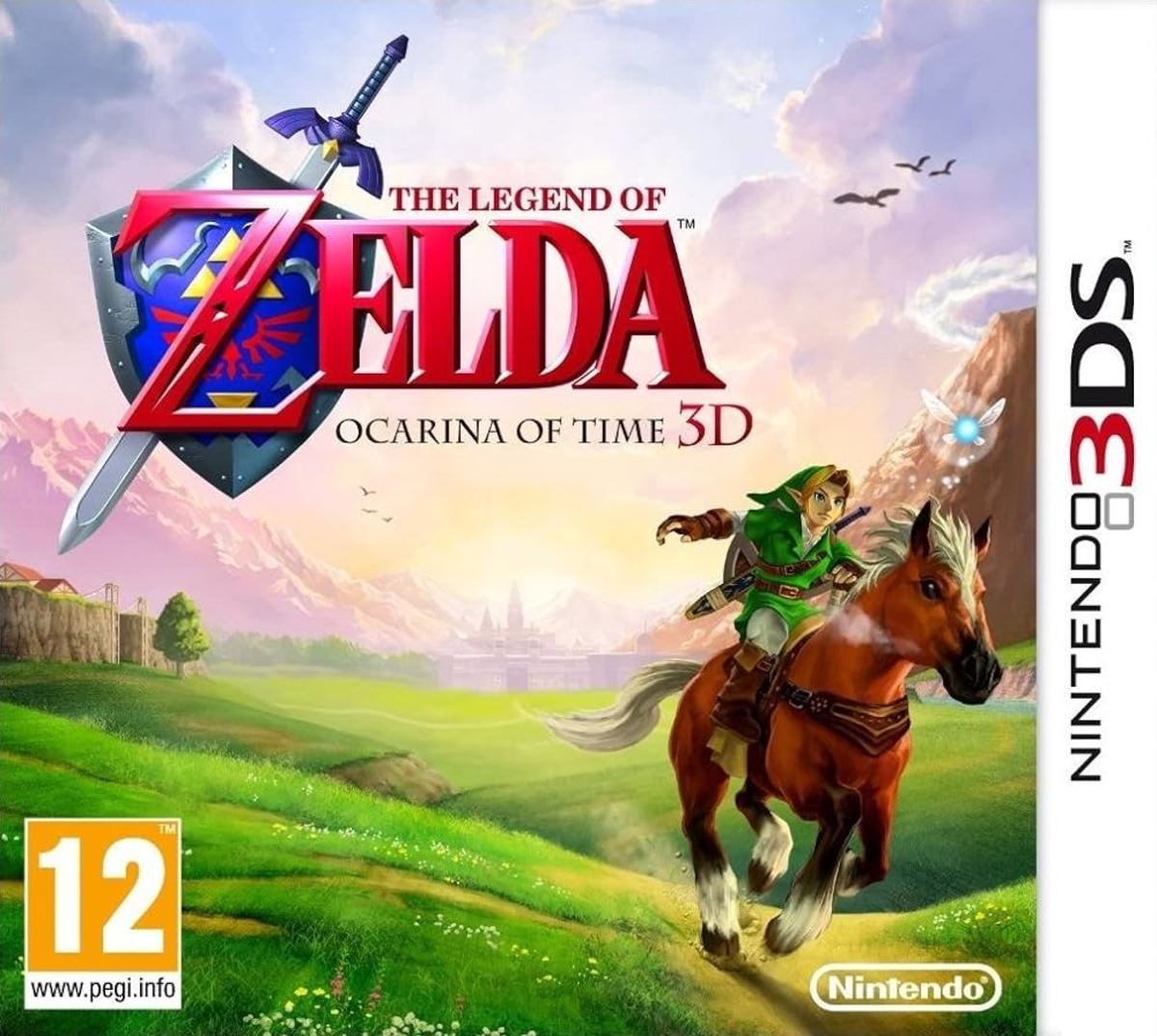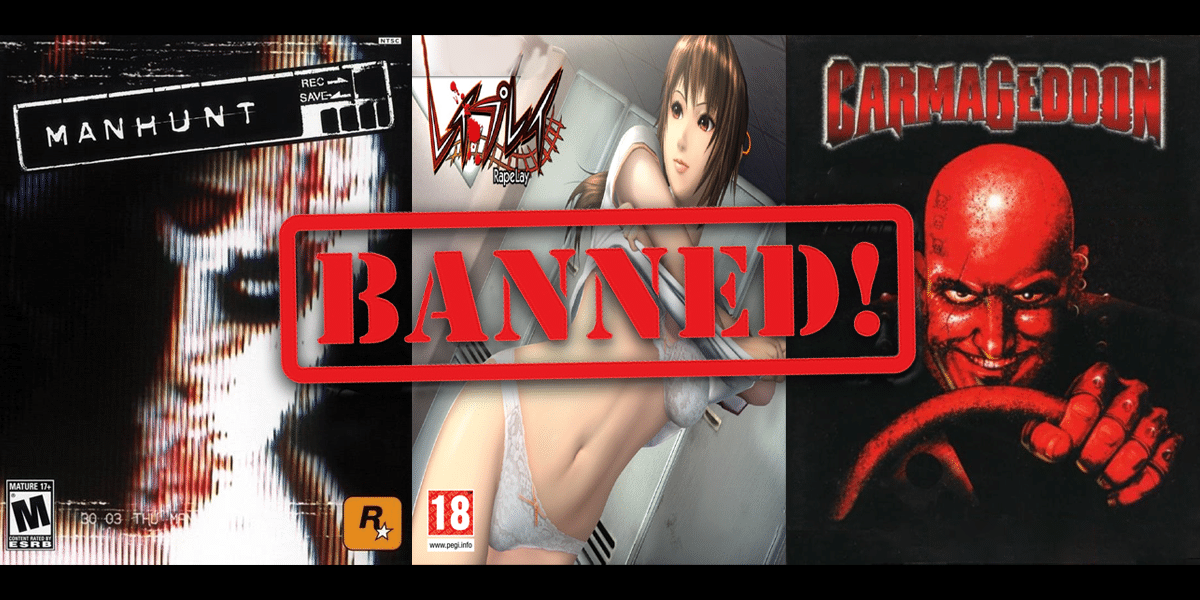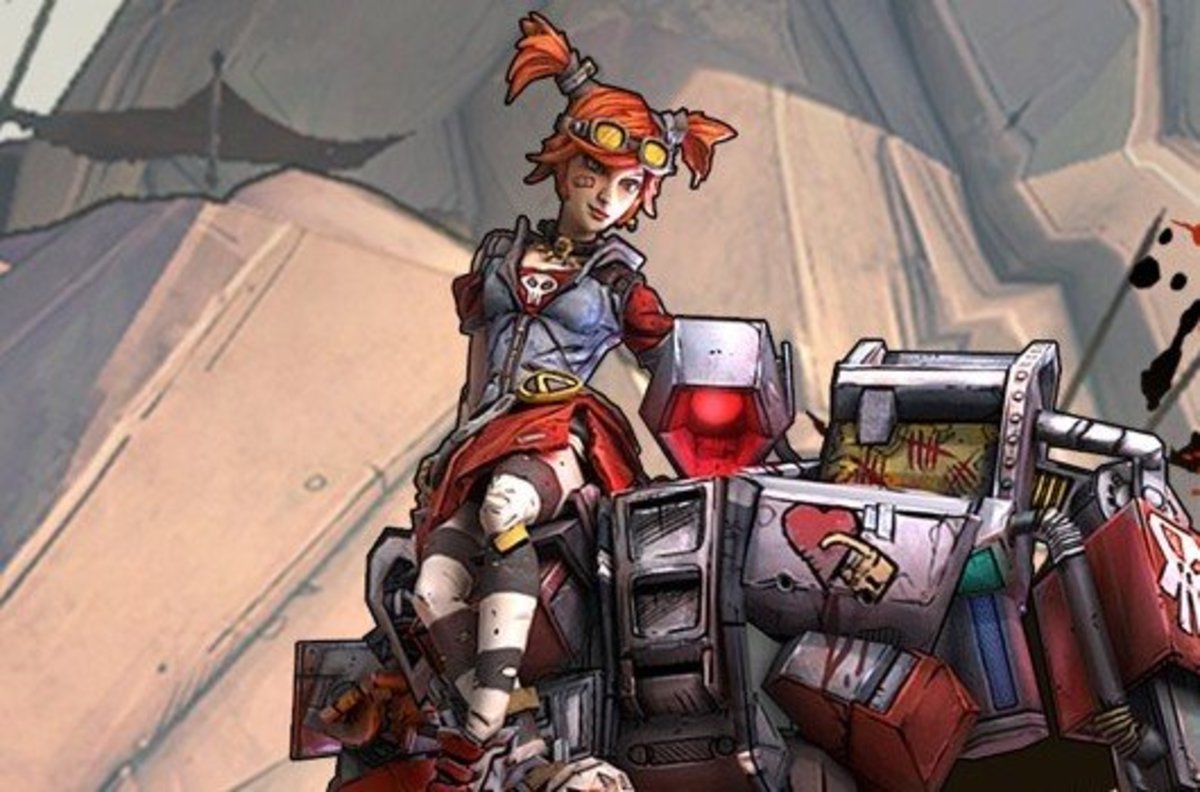Microtransactions are not a necessary evil
About the Author
John Roberts was an active member of HubPages for 3 years before returning after a 2 year haitus. He plans on not just reviewing video games, but discussing practices in the industry after refining his cynicism and aiming his justified ire toward better targets. He is still active on social media, and his new YouTube channel - "Johnbonne Reviews" - has thrived better than previously expected.
The Frog in the Boiling Water
The pricing of video games has never really been much of an issue until the introduction of downloadable content; smaller and oft insignificant parts of a game later to be sold to enhance the experiences of those who enjoyed their full-priced game. Some will make this content out of love, others to make up the cost due to used sales (which can still be debated as causing a loss of full priced purchases), and others to make a quick buck. The latter especially has been the cause of concern for many gamers; what was once free in a game such as unlockable skins, cheat codes, soundtracks, miniature art books and posters have been taken out to be sold separately, while keeping the game at the same price.
Before The Elder Scrolls IV: Oblivion's Horse Armour debacle, nobody thought £50+ was too much for a game.... if they wanted it badly enough, and before then consumerism was as rampant as it had ever been; the excessive, offensively decadent need to get Black Friday deals had begun; global economic crises and inflation were on everybody's lips and gaming had just blown up in popularity especially on consoles. It wasn't exactly the Renaissance such as the Video Game Crash of 1989, but video games were becoming revolutionary, and so were the ways of monetising them.
But downloadable content (DLC for short) has been widely accepted, even demanded and asked for by many gamers who can't get enough of their favourite franchises. Hell, it's even higher in demand if it's just one game in an intellectual property because unlike a series there's just one game and if replay value isn't enough, DLC makes up for it. Or at least it sometimes does. Downloadable Content was an interesting concept for those who hadn't been fortunate enough to experience expansion packs (or unfortunate enough if you didn't have room for the huge cardboard boxes) - more content for less cash. It sounded too good to be true. For the most part it wasn't. It's easy to point to The Saboteur's Midnight Club (which was super useful for me now I'm replaying it; easy contraband = more explosives, and you see a nipple or two), and Capcom's on-disc DLC, sure, but let's not forget The Shivering Isles exists. Let's not forget the less-than-recent Burial at Sea.
The point I'm trying to make is that DLC is accepted and has people baying for it is not just because it's more stuff; downloadable content, at least good downloadable content, takes time and effort to make. Take my all-time favourite, the Shivering Isles for Oblivion. A whole new open world to explore, brand new assets and voice actors, a great story with an even bigger payoff (although somewhat underwhelming the moment it ends) and all the craziness in between. This is Sheogorath's realm, after all. Do you expect to get that for 79 pence, even if you keep paying that or £1.39 or £2.79 until you reach the price of that expansion? I would hope not. So why do we pay those figures for significantly less content and joy?
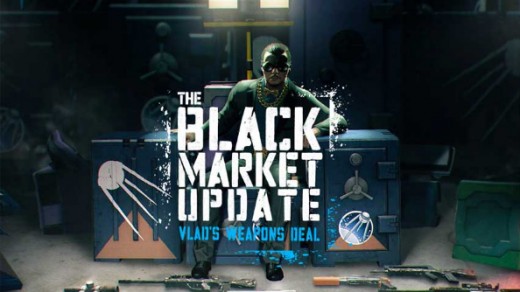
We pay because we want instant gratification. Where DLC requires the creation of new assets and a lot of enthusiasm to make a worthwhile product, microtransactions merely take items already in the game (but are artificially hard/time consuming to gain) and sell you clones of them or they're simply locked behind a paywall. I was flabbagasted when a contributor to Kotaku was thanking God (and/or EA) for putting MTs in Plants versus Zombies: Garden Warfare. This was shortly after launch but not because players asked for them, but because launch sales are the most important, especially to a 2D lane defence game going into 3D shooter territory. When the sequel came out I really wanted to get it, but the microtransactions turned me off.... again, not added until shortly after launch.
Microtransactions in F2P games are fine by me. After all, it's free-2-play. Yes, there's the psychological bombardment of having to wrestle your way through adverts and grinding, but if you enjoy the game and don't spend a penny (not in another sense, although many F2P games take the piss in another sense too) I say more power to you. Personally I'm a sucker for them. I spend what I want on what I currently want. I've put about £30 into Dirty Bomb and while Steam reports I've put 43 hours into it, I'm fairly sure I've put a great deal more in.... and will continue to do so. The last multiplayer game I paid up front for was Star Wars: Battlefront in the £40-50 region. I haven't even played that for 4 hours, much less 40. The one I played before that was Plants versus Zombies: Garden Warfare, maybe Black Ops III. None of them gave me as much quality time for their money than Dirty Bomb has. And Dirty Bomb has one of the more controversial ways of selling its 'premium' items. Warframe on the other hand is a game where I've spent more money than hours, which hasn't done me any good because I don't like the game any more. I loved it, and was happy to plough it with cash (£125+ to be more specific; I couldn't resist the discount coupons they threw at me every day). In the sense of multiplayer games, I far prefer to try before I buy, a model that seemed to have just disappeared for no good reason.
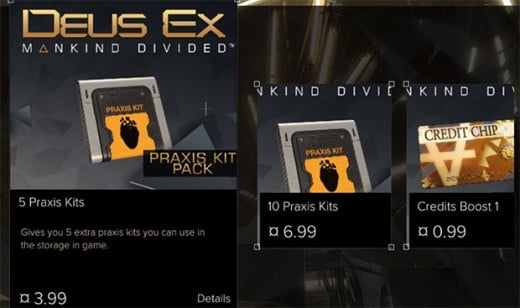
Not only do I prefer to try before I buy, I like to know what the future holds. Nowadays it's not a matter of if a game is going to have additional monetisation, but more a matter of when. Remasters seem to be the popular go-to, when DLC and microtransactions aren't enough, when the bowels of avarice haven't been completely explored. I don't know how much of a game I'm getting any more, all I know is how little - there will be downloadable content and microtransactions and digital rights management to make sure you can't play again in the future. My question is, the main draw of this article: how come this wasn't needed before the advent of digital distribution?
I don't seem to recall needing to pay Moneybags with real money in Spyro 2: Gateway to Glimmer, or a 1-hour speed boost for the time trials in Crash Bandicoot 3: Warped. Remember when you could pay a small fee for Monomate in Phantasy Star Online? I sure don't. But now you can. Instead of playing the game, you can just play to skip it, a rather pointless activity unless it's grindier than the teeth of those who see microtransactions in full priced games, in which case, it's just a badly designed game.
"I don't know how much of a game I'm getting any more, all I know is how little [I'll get]"
There's no limit to how many you can buy. Hell, many games and gaming platforms don't stop charging your bank well after being overdrawn (thanks, Valve), and don't have proper security measures to stop people fraudulently purchasing them. Sure, microtransactions themselves aren't guilty of that, it's the developer's fault for not coding that into their programme and the publisher for not enforcing it. It's also the consumer's fault for not minding their own spending, but there are times when it can be down to naivety.
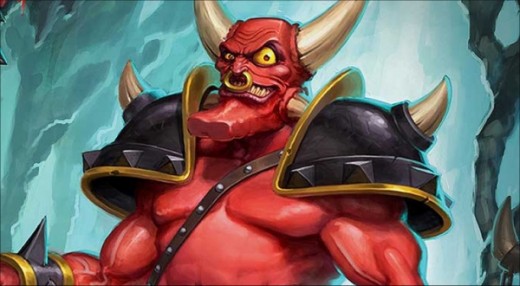
We can argue that microtransactions are in games nowadays because of inflation, and that is understandable. But when a game's economy is changed and most likely broken to support the addition of microtransactions, you'll forgive me if I don't care how worthless my currency is when a publisher wants me to spend it on their virtual one to enjoy the thing I paid up front for. And the thing is, MTs have to be noticeable. If they're too subtle, they don't get purchased and people are still annoyed even when they don't have to buy them, because it's a matter of principle to many. Self-styled "Garm Jarnalist" Jim Sterling refuses to award priced games a "Game of the Year" (GOTY) award if it features microtransactions, to give you just one of many examples of people actively despising them no matter how well they may be implemented.
If they're too noticeable consumers get annoyed and either pony up the dough or they give up entirely, both outcomes leaving them disgrunted. It's disturbing how much control most mictrotransactions have; you either have to pay to continue enjoying the game, or you have to wait 2 hours for your energy to regenerate, or 7 days for a weapon to be crafted, etc. It's a highwayman, taking your money or your time before it teleports to another bush to wait in and leap out at you for the same thing. If there's a more appropriate use of the phrase "daylight robbery" I challenge you to provide an example.
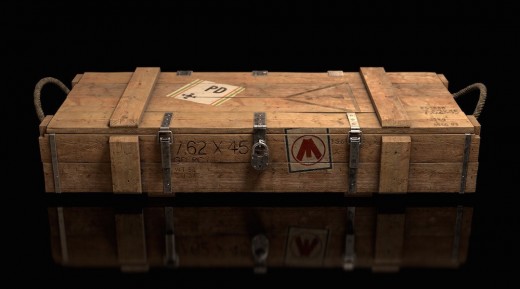
The only time I've ever seen microtransactions done remotely well in a paid game is in Blizzard Entertainment's Overwatch. Because there's no map pack DLC that would divide the playerbase, the developers opted in for another way to monetise the game post-purchase. Because the game has progression, every level will offer you a loot crate rather than new weapons or class slots and other such things. The crates are purely cosmetic, containing sprays, costumes of varying rarity and coins to buy loot crates should you own any of the things you get in them again. Because there's no level cap or end to progression, you can consistently get loot crates without purchasing them. This means all content is available, but when it comes to cosmetic content you have to be lucky. Well, lucky as far as random number generation by a computer goes.
While this is tolerable, I cannot stand randomness. I personally would rather buy individual skins akin to Blizzard's MOBA Heroes of the Storm 2.0, where one can get them by using Shards (awarded in the newly implemented loot crates seperately and in the case of getting a duplicate item). In HotS you are at the mercy of random number generation for cosmetic content, whereas you can purchase Heroes with crystals, the game's premium currency.
Another option Blizzard could have considered is community created content, akin to Team Fortress 2. Around the time of the game's introduction of the Mann Co. store, players were given the chance to support the creators of maps by purchasing stamps. Purchasing enough of these stamps would also award them a hat and a badge with a glowing effect while on that map to show how much they've given. These maps are still free to play but the stamps are merely a way of thanking the creator. Like mods in a great many game, these are free but donations are welcome. But this is the thing: do donations work? Is it a viable platform? With multiple modders for Skyrim speaking up about mods being purchasable (which was around for 3 days when Valve pulled the plug on the ill-conceived idea), some had said customers were fine, and others would have to be presented with no other choice but to pay for it. This also goes into the topic of who owns what, and who takes a cut of the donation. It's a very messy affair, and microtransactions and content from the developer only seem to be the cleaner choice.
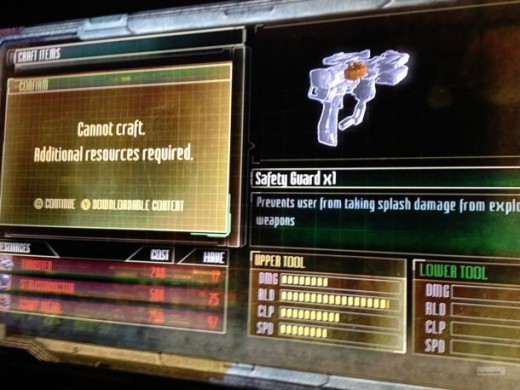
Coming to the Boil
The worst part about microtransactions is how honest people with the best of intentions use them. It doesn't feel good to give tiny bits of money knowing it'll build up for tiny bits of content. Likewise, I don't feel like I have a strong will just because I avoided not paying someone for their hard work. We can criticise mobile and Facebook games for being more money-gouging than actual game, but the fact is there were people who made that artwork, those sound effects, programmed it and uploaded it to these platforms. Isn't that what we pay for on any platform in any era for any type of content? Because of this I can't hate microtransactions, but I hate that I can't hate them, because of how foul and irredeemable the model has become.
The only way I can see it working is in a free-to-play game, but I don't believe these interactive, self-induced exploitation programmes Facebook, Google and Apple call "games" on their stores should be using them. I'd rather microtransactions be used by the Dirty Bombs, by the Warframes, by the Paladins of the world. I'd rather microtransactions be used by people who deserve them because they know their game wouldn't sell well were it to have a price on release, and want their product to be seen by as many as possible just so they can all have a good time. I'd rather microtransactions be used by people who want to make a great game first and then talk money afterwards. We have proven that it works and is more popular than many Triple AAA/priced games' implementations of it, and the positive reception to the former and negative to the latter should be convincing enough.
Microtransactions are not a necessary evil if a game's marketing and budget are sensible, and that the developers and publishers know their audience and their expectations. Necessity and evil are mutually exclusive in microtransactions; they either provide a meaningful service to the consumer or they don't.



